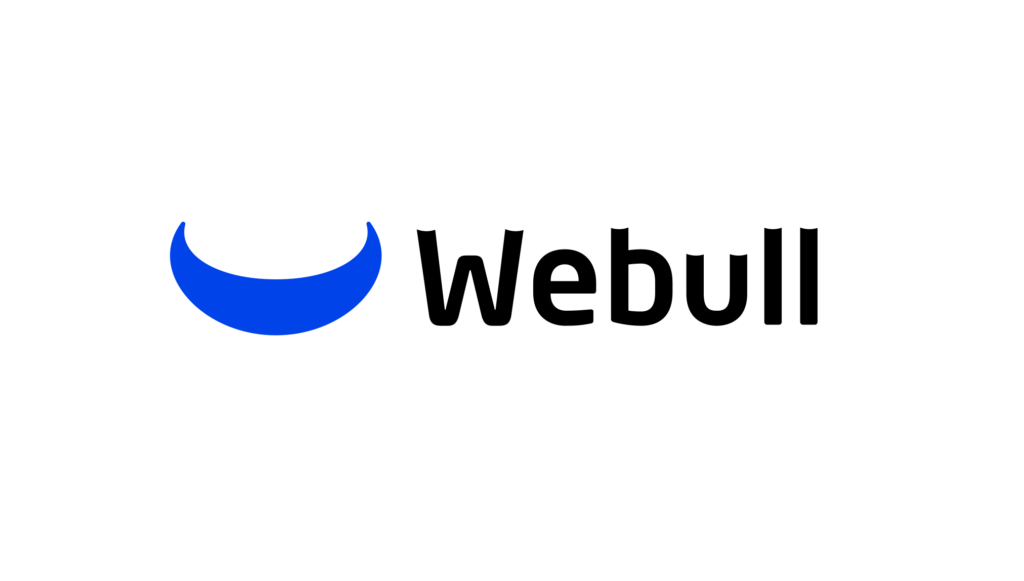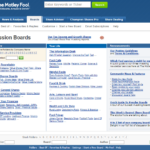Online trading platform Webull has announced that it has agreed to list its shares on the Nasdaq, via a merger with a special purpose acquisition company (or SPAC). In a deal that would potentially value the combined company at US $7.30 billion.
What are SPACs, and why is Webull using this method for its listing?
SPACs, or special purpose acquisition companies are also known as blank-check firms.
They are cash shells, a listed company with no business, other than looking for an acquisition target to inject into that shell listing.
SPACs use the capital they raise from an initial public offering or IPO, to merge with a private company. Allowing the private firm to list its shares on the stock exchange, without going through a lengthy IPO process.
Webull’s Group President, Anthony Denier, said:
“The traditional IPO path has many hurdles that we’ve encountered over the years,”
He added that
“(using) this method (merging with a SPAC) would allow the market to dictate the proper valuation of the company instead of being determined by underwriters aligning (it) with Webull’s core values of democratization”
There is another school of thought, however.
This suggests that listing via a SPAC avoids any intrusive due diligence into a company’s finances and, or, ownership structure.
Which might not pass muster or meet the listing requirements of a traditional IPO.
Crucally companies, that list via a SPAC, do not usually raise fresh cash from external investors, as part of the deal.
How have SPACs been performing recently?
Immensely popular a couple of years ago, SPACs have experienced a decline in interest and activity, due to heightened scrutiny from regulators and investors, and an inability to find target companies willing to reverse into them.
The S&P SPAC index which tracks a basket of thirty or more special purpose acquisition companies, is down by -9.24% over the last year.
Whilst the broader-based De-SPAC index is down by -13.0% year to date and by -34.0% over 52 weeks.
Who are Webull?
Webull is a commission-free online trading platform that offers trading services in stocks, equity options, and exchange-traded funds (ETFs).
Webull was founded in 2017 and launched its services in the U.S. in 2018.
Since then, it has expanded its operations to various regions, including the Asia Pacific, Europe, and Latin America.
When will the deal close?
If it goes ahead, Webull’s merger with SK Growth Opportunities is expected to close in the second half of this year. And will result in Webull’s shares being listed on Nasdaq.
Current shareholders in the SPAC are expected to maintain their holdings in the combined company, once the deal is complete.
No details about the terms of the deal have been disclosed at this stage, and it’s not clear what the free float would be.
Or whether there will be multiple classes of stock, with variable voting rights, in the newly listed company.
I say if the deal goes ahead because it wasn’t that long ago that eToro intended to list in the US via SPAC.
However that deal was never consummated, and eToro remains a privately held company, though it is rumoured to now be considering listing via a traditional IPO.
eToro is not the only broker to have flirted with a reverse takeover.
Australia’s Think Markets announced last year that it intended to merge with Toronto-listed FG Acquisition, however, the deal fell apart in the autumn, as the parties couldn’t raise the necessary funding to complete the deal.

With over 35 years of finance experience, Darren is a highly respected and knowledgeable industry expert. With an extensive career covering trading, sales, analytics and research, he has a vast knowledge covering every aspect of the financial markets.
During his career, Darren has acted for and advised major hedge funds and investment banks such as GLG, Thames River, Ruby Capital and CQS, Dresdner Kleinwort and HSBC.
In addition to the financial analysis and commentary he provides as an editor at GoodMoneyGuide.com, his work has been featured in publications including Fool.co.uk.
As well as extensive experience of writing financial commentary, he previously worked as a Market Research & Client Relationships Manager at Admiral Markets UK Ltd, before providing expert insights as a market analyst at Pepperstone.
Darren is an expert in areas like currency, CFDs, equities and derivatives and has authored over 260 guides on GoodMoneyGuide.com.
He has an aptitude for explaining trading concepts in a way that newcomers can understand, such as this guide to day trading Forex at Pepperstone.com
Darren has done interviews and analysis for companies like Queso, including an interview on technical trading levels.
A well known authority in the industry, he has provided interviews on Bloomberg (UK), CNBC (UK) Reuters (UK), Tiptv (UK), BNN (Canada) and Asharq Bloomberg Arabia.
You can contact Darren at darrensinden@goodmoneyguide.com




